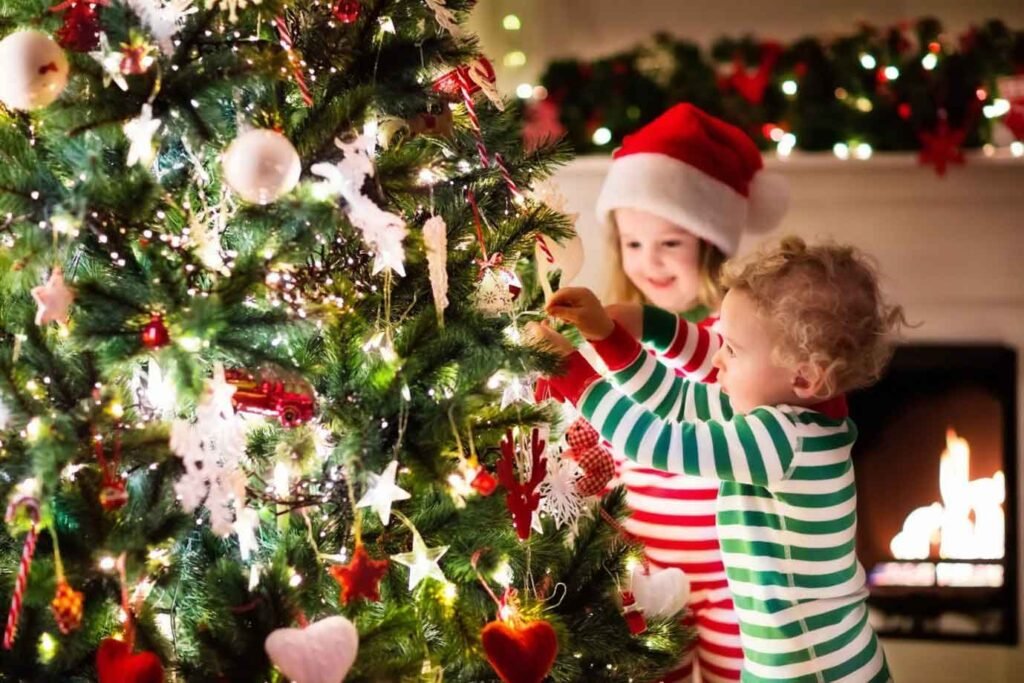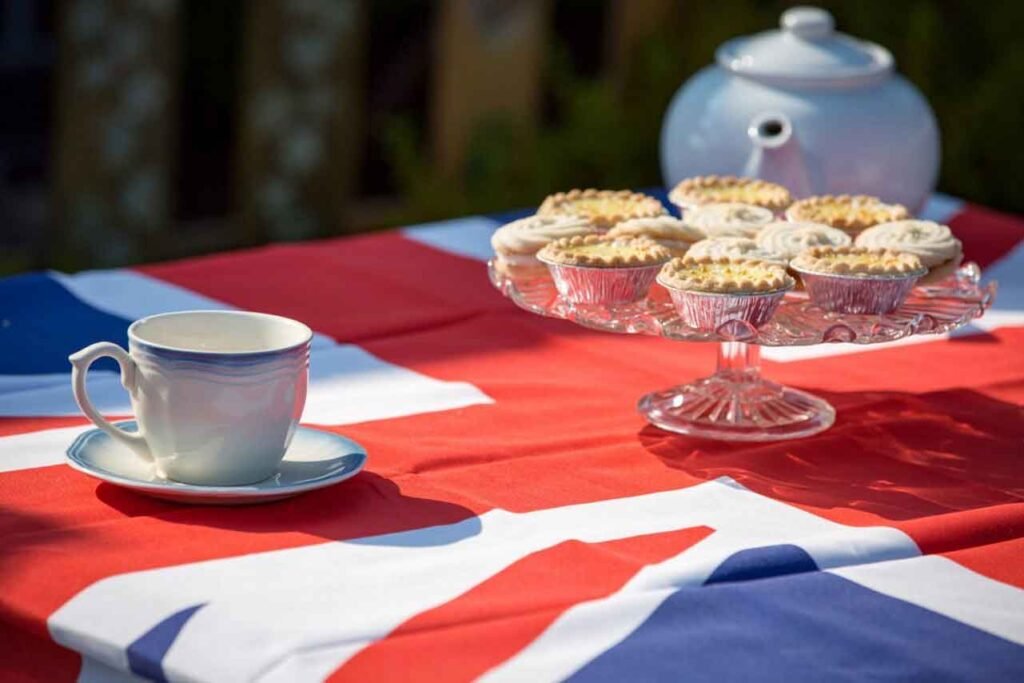Life in the UK Test
If you are applying for British citizenship or settlement in the UK, you must pass the Life in the UK test to demonstrate your knowledge of the UK culture, language and lifestyle. To pass this test, you must have adequate knowledge of British culture, customs, language and traditions, which can’t be learned overnight. Therefore, you must start Life in the UK test preparation beforehand and with our online course so you can learn with easy learning modules and practice tests. This blog will help you provide basic information about Life in the UK to help you prepare for the test.
Life in the UK
The UK consists of England, Scotland, Wales, and Northern Ireland. If we talk about British culture, it is diverse and rich, known for its multiculturalism and vibrant blend of religions, cultures, and ethnicities. In short, the UK is a beautiful mix of cultures with great taste in food, music, and movies.
• The Importance of Language Proficiency

The main language spoken in the UK is English, with numerous dialects and accents. You might notice a tremendous difference in the accents from North to South. Some other regional languages that are spoken in the UK include Irish, Welsh, and Scottish Gaelic in the highlands and islands of western Scotland. As the UK is multi-national, numerous non-native languages are also spoken in the UK, like Bengali, Punjabi, Arabic, Chinese, Portuguese, French and Gujarati. Moreover, the UK’s second most widely spoken non-native language is Polish. If you are planning on moving to the UK, you must be fluent in English to make your impression there and easily communicate with others. And it is important to remember these facts for your Life in the UK test.
• Religion

The official state religion in the UK is the Christian Protestant faith. While Christianity is the dominant religion, other minorities include Islam, Sikhism, Hinduism, Buddhism, and Judaism. And a large group of people in the UK do not identify with any religion. Nevertheless, British people show respect for all religions and embrace this diversity.
• Celebrations, Customs & Traditions

First, let’s talk about the celebrations in the UK. The major events in the UK calendar are Christmas (25th December), New Year’s Day, Good Friday, Easter Sunday, and The Queen’s Birthday (2nd Saturday of June). And when it comes to celebrations and special occasions, one thing to remember is ‘gift culture’. Giving and receiving gifts on any occasion is a part of British tradition, especially when you are invited to someone’s house. Commonly preferred gifts are chocolate, flowers or a bottle of wine. So whenever you are invited to someone’s place, you should not go empty-handed.
British people traditionally enjoy entertainment and social gatherings. Music, art and literature play a significant part in the history of the UK culture. Cinemas are also very popular among people UK.
• Social Etiquette in the UK

According to the greeting culture in the UK, if you are a close friend or a relative, greeting with a simple handshake might be considered rude. Usually, close friends and relatives greet each other with a kiss on the cheek. And if you are not a close friend or family member, then physical touch is perceived as odd. However, people greet everyone with a handshake, even children at gatherings. British people are usually known for their distant personalities, so while conversing in any social situation, they like to keep their distance between themselves, regardless of the relationship. They value personal space and privacy and respect everyone’s boundaries.
British people are generally polite and love saying thank you, sorry and please, regardless of whom they are talking to. Britishers are very punctual, and being late is disrespectful and rude, especially when invited to someone’s house or at a party. And if you are late, let your host know beforehand as a sign of respect.
When it comes to rules, no one can beat the Britishers. They love to follow the rules, so whenever you are in the queue, respect the rules.
• Tea Culture

British people love tea; afternoon tea is part of their tradition, which is often served with sandwiches, tea cakes, or cookies. Afternoon tea is often considered a favourite part of their day. British people prefer drinking tea on any occasion. However, in British etiquette, you are supposed to hold a cup by the handle and avoid blowing on the tea.
• Dining & Food

British cuisine is famous all over the world. British traditional dishes include Fish and Chips, Chicken Tikka, English Breakfast, Yorkshire Pudding, Scones, Roast, Steaks and Trifles. According to British manners, you should hold the fork in the left hand and the knife in the right. And while dining, do not rest your elbows on the table.
Preparation for the Life in the UK test goes beyond just memorising facts and dates. It requires a deep understanding of British culture, practices, and etiquette. In addition, you should understand British society’s values, traditions, and social norms. This will not only enhance your chances of passing the test but also help you to start a successful life in the UK. Start your Life in the UK test preparation today with us!


